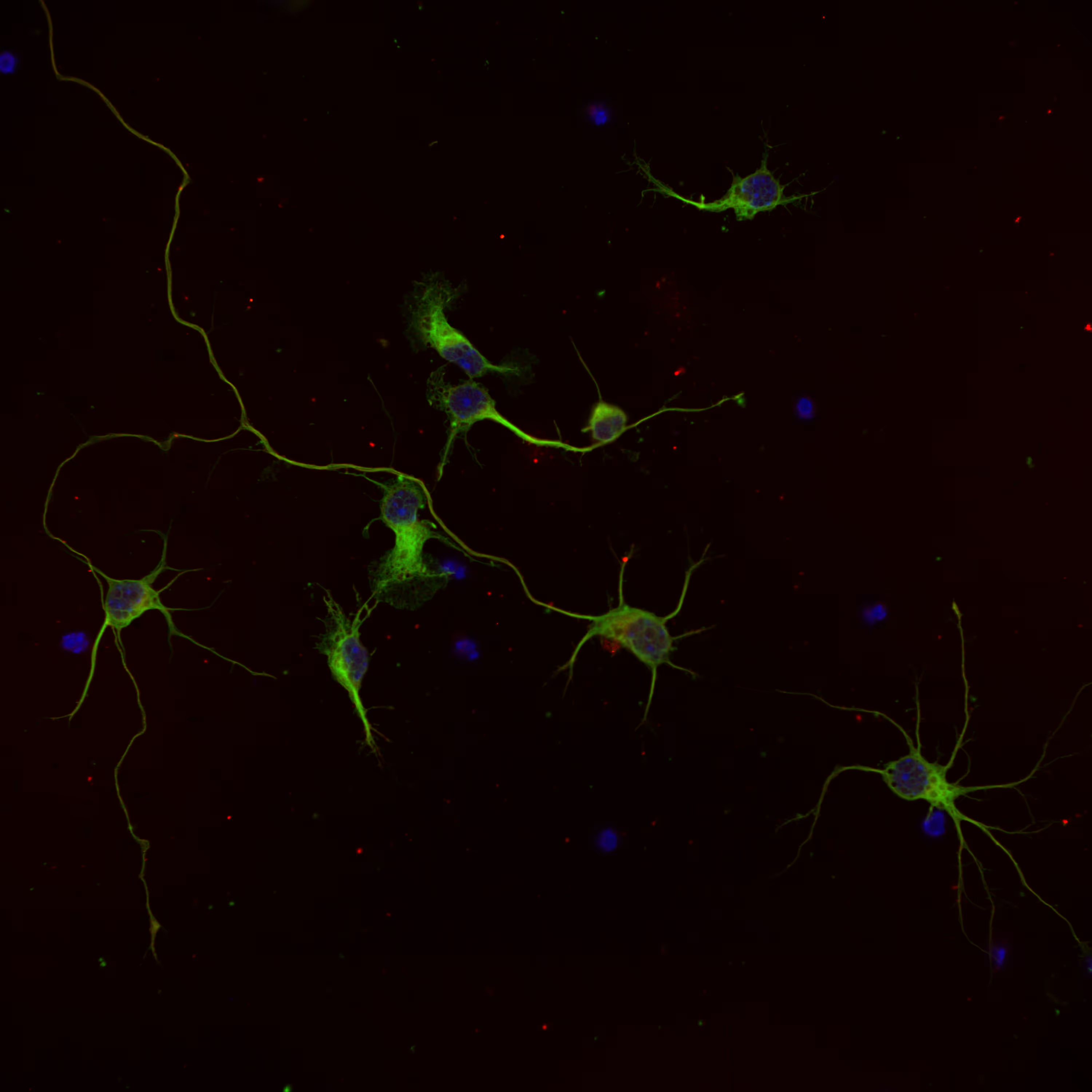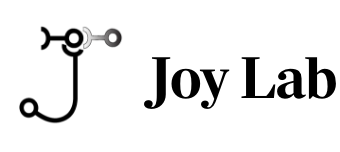Press & media

Featured news

Steps toward stroke recovery
May 2019
No medical therapies currently exist to reduce long-term cognitive and motor disabilities caused by strokes and other traumatic brain injuries. In some cases, however, natural recovery is possible when the brain creates new connections after losing functions in damaged areas—a process that parallels memory formation through learning.
Natural History MagazineDay in the life of JAX predoctoral affiliate Kiley Martin | Neuroscience Ph.D. student
January 2025
Meet Kiley Martin! Kiley is a predoctoral affiliate in the Joy Lab at JAX, earning a Ph.D. in Neuroscience through the ‘Neuro at JAX’ track of the Graduate School of Biomedical Sciences at Tufts University School of Medicine. At JAX, Kiley studies regeneration and functional connectivity in the brain after ischemic strokes and is interested in developing methods to improve outcomes post-injury.
How can stroke recovery be improved?
June 2023
Neuroscientist and JAX Assistant Professor Mary Teena Joy investigates what happens to the brain after a stroke and how to enhance brain neural rewiring to improve recovery.
Repurposing CCR5 inhibitors for stroke recovery
March 2019
Stroke is a leading cause of long-term disability. Despite extensive research on the mechanisms underlying the recovery of functions after stroke, no medical therapies have been developed to promote this recovery. Now, in a new study published in Cell, S. Thomas Carmichael and colleagues have identified a translational target for stroke and traumatic brain injury, CC-chemokine receptor 5 (CCR5), a co-receptor for HIV, for which antagonists are already in clinical use.
HIV drug could improve recovery after stroke
February 2019
A protein that may hinder the brain’s regrowth after damage points researchers to an unexpected treatment.

.png)